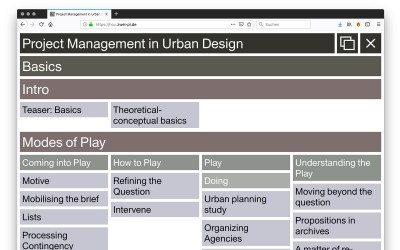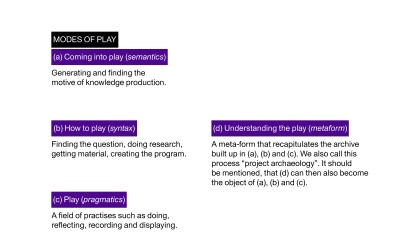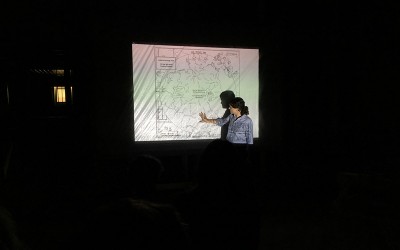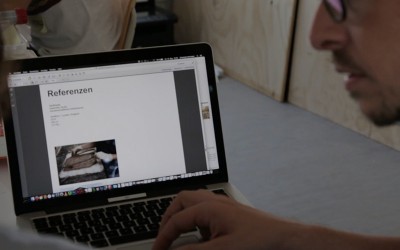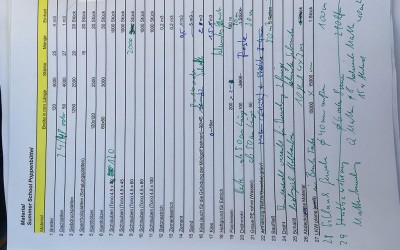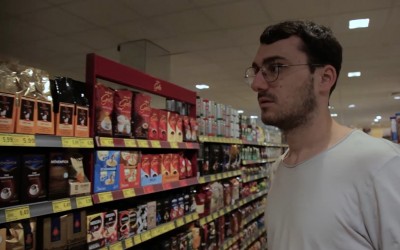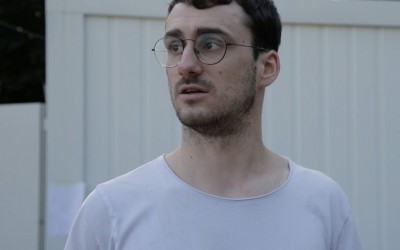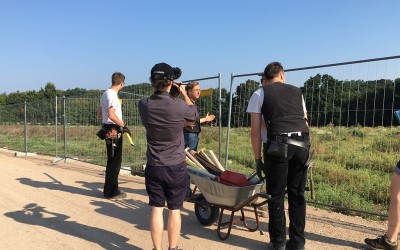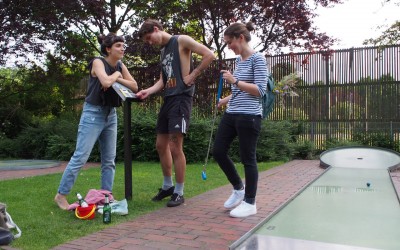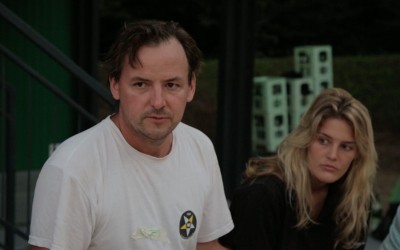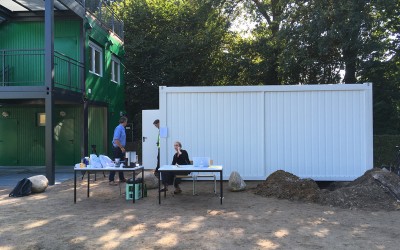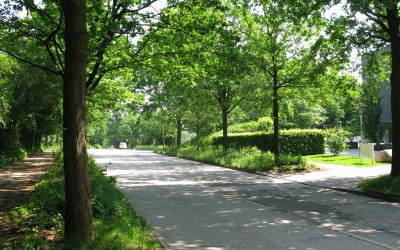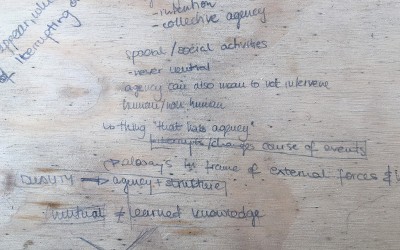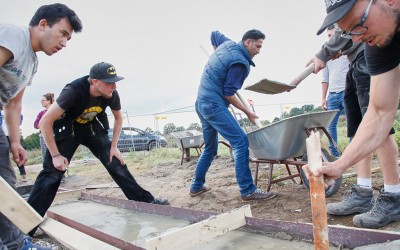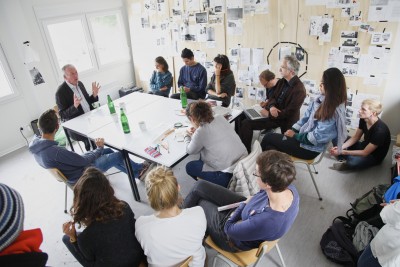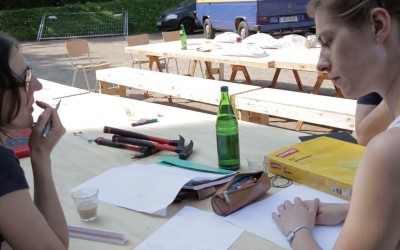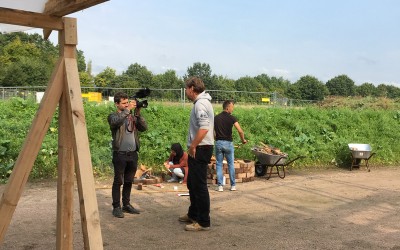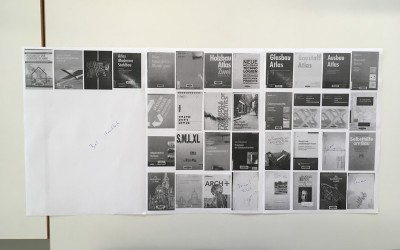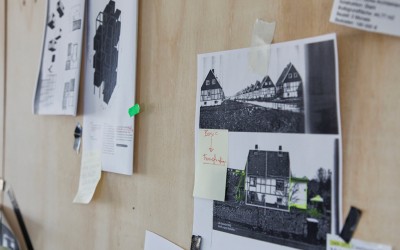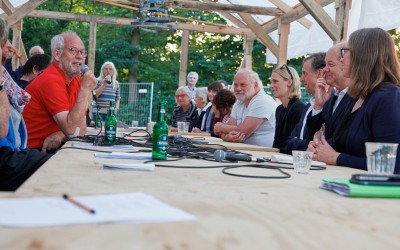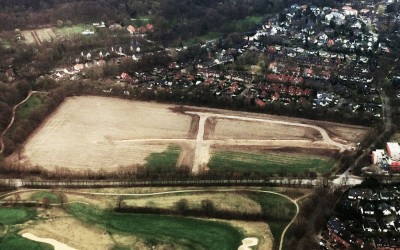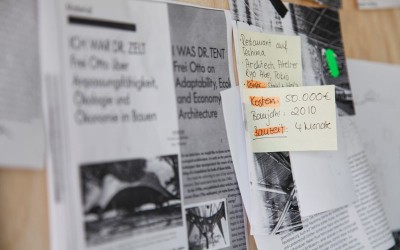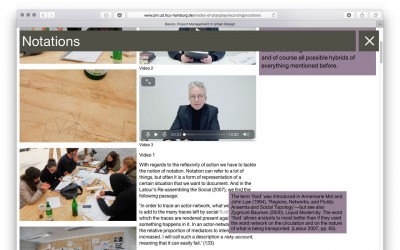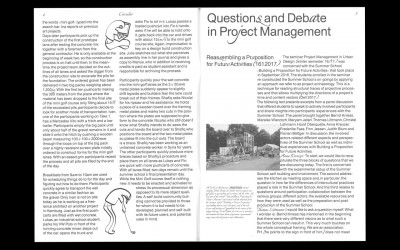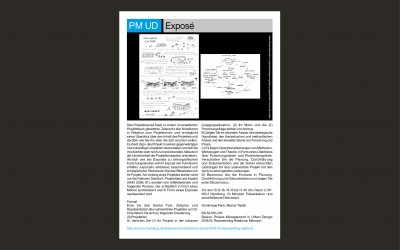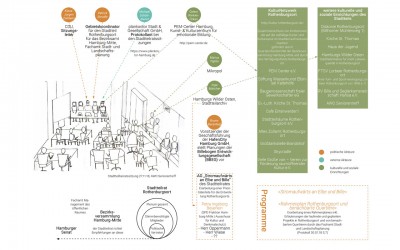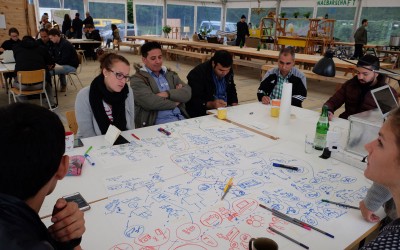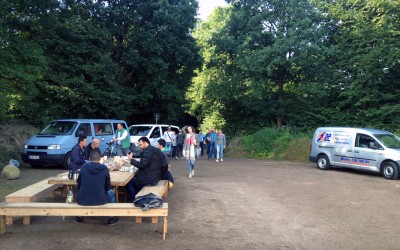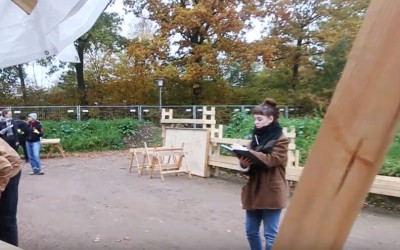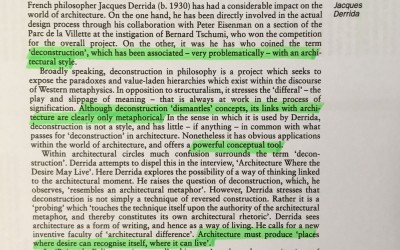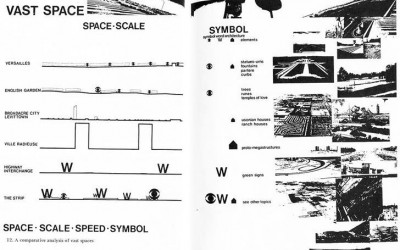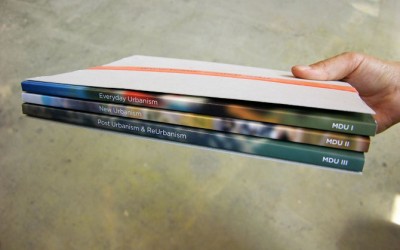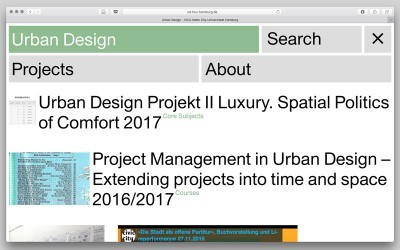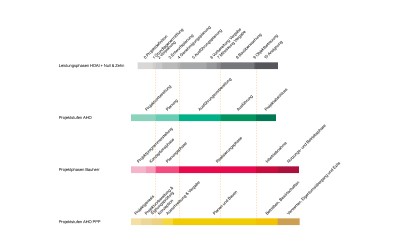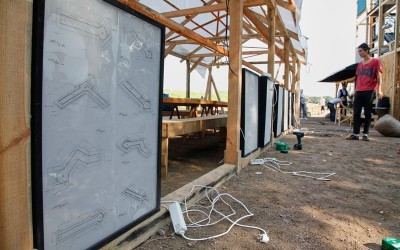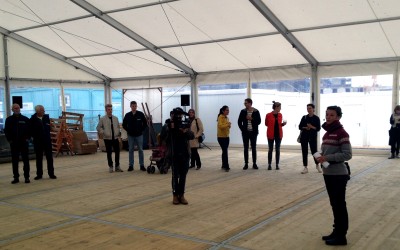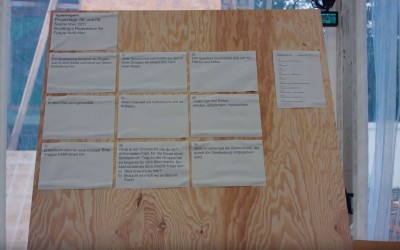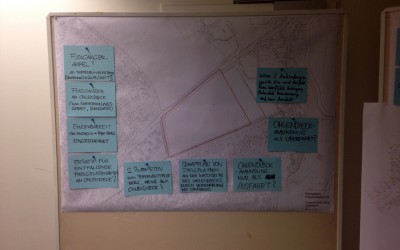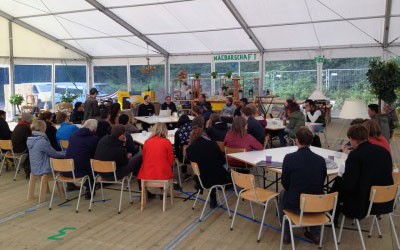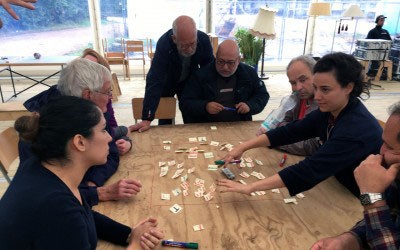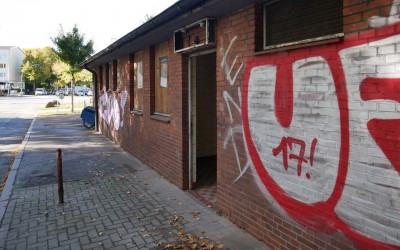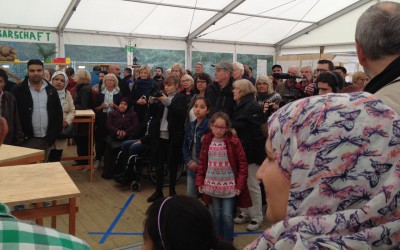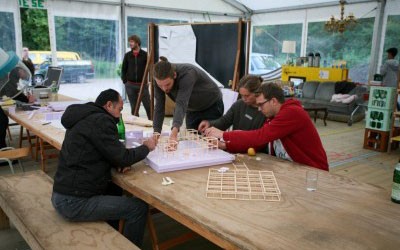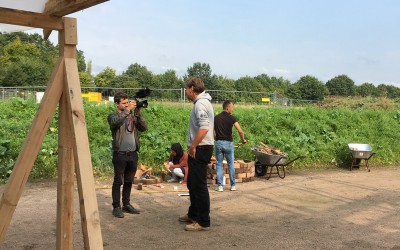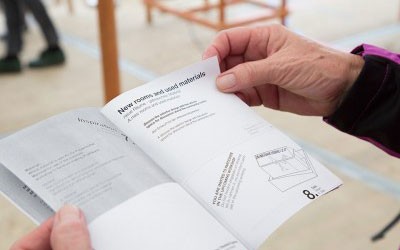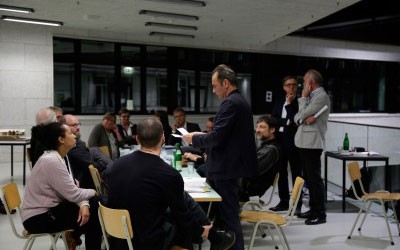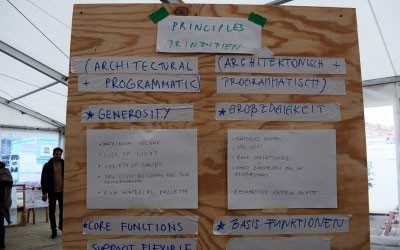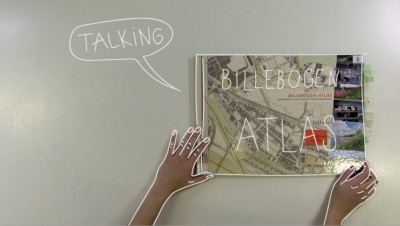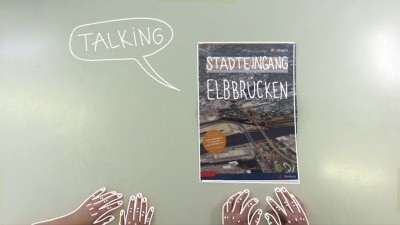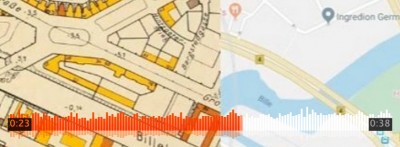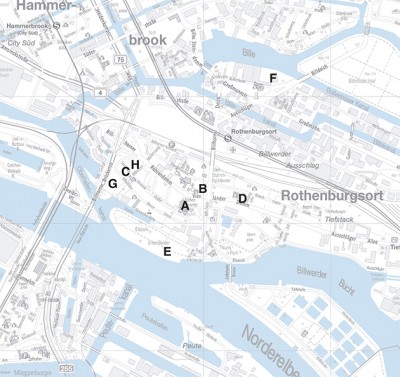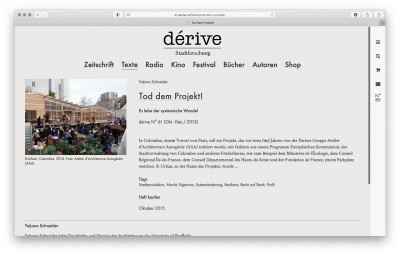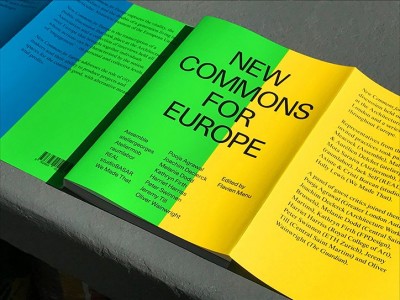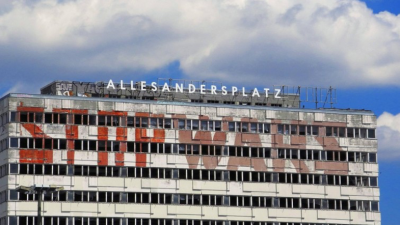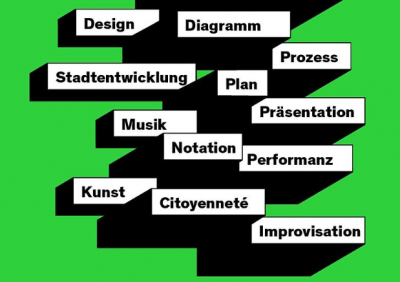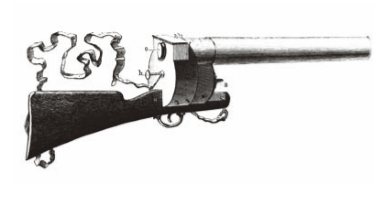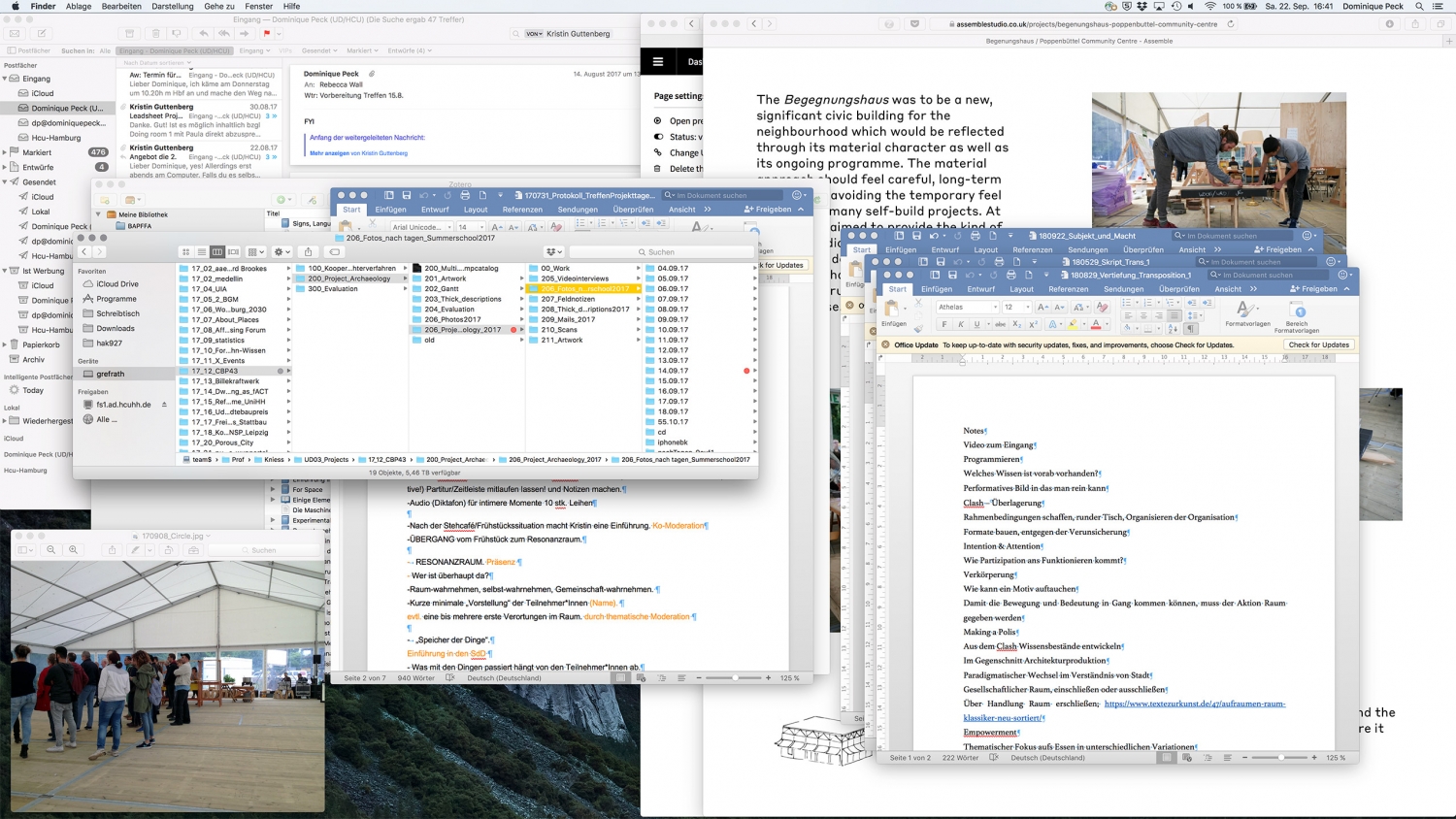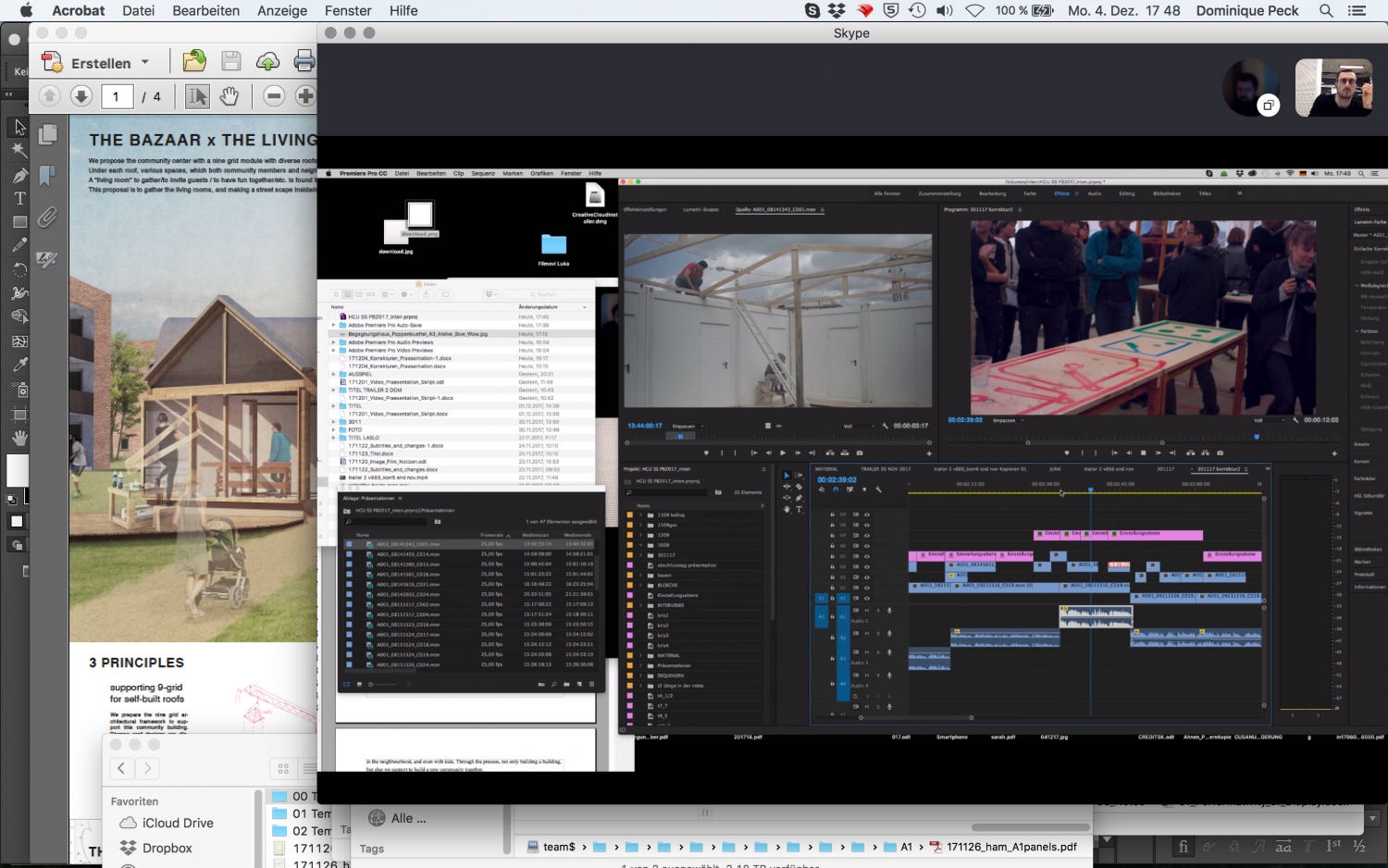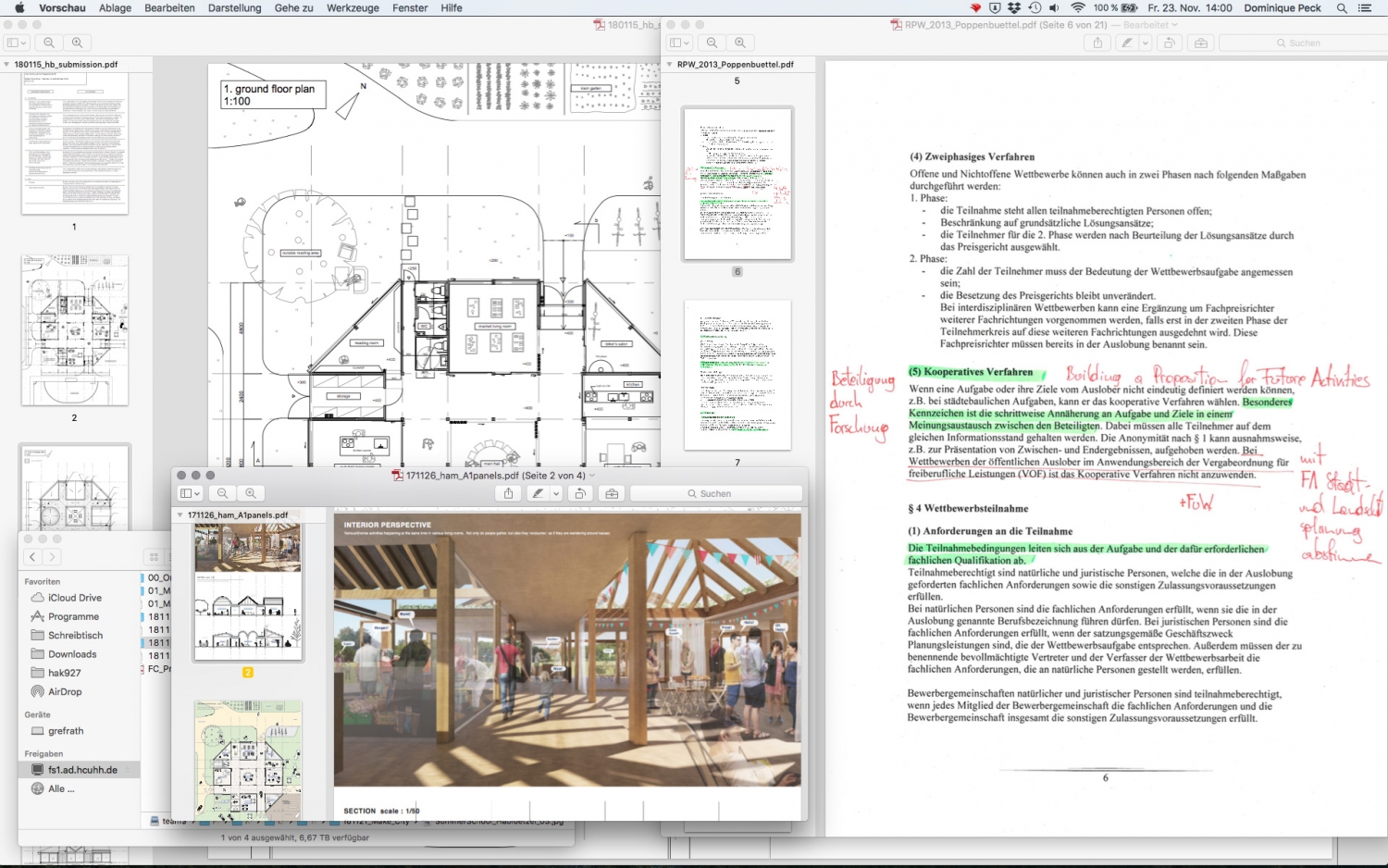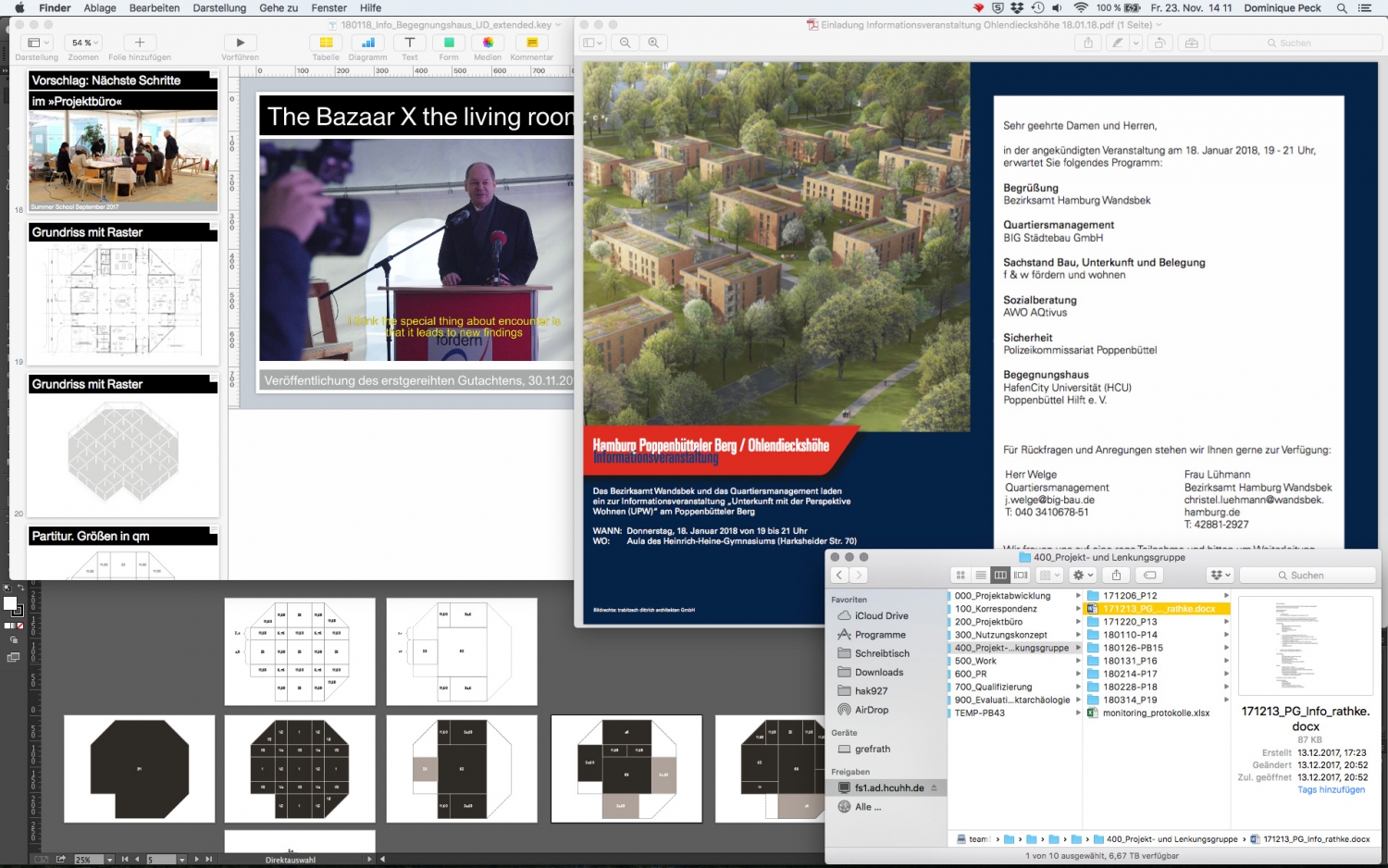The aim of the project days was to develop the spatial program of the future Begegnungshaus through joint actions in a prototypical framework. Following the title of the project, participants, with their expertise as producers of the everyday space of cities, quarters and houses, should be involved as thoroughly and as much as possible in the planning process Building A Proposition For Future Activities. This is based on the understanding of space as relational and generated by actions, while at the same time actions are generated. While conventional participation methods often only allow for a discussion of the already set goal, the research and teaching program Urban Development tries to counter this closed form with a participation methodology based on common actions - and thus to open up the form.
Structurally, the definition of the project days as an open form is an attempt to allow and enable the transposition of uncertainty into the “planning bureau”. Questions are invited and supposed truths are put up for negotiation. In addition to the rules of the game and the archive of things, the role of the performance facilitator was therefore to structure the common processing of uncertainty during the project days. This role was assumed by Kristin Guttenberg. Her task was to absorb the resulting uncertainties and transform them into a productive sense of impact. With Christopher Dell's definition of improvisation technology as a constructive handling of disorder in socio-material constellations (2016), it was therefore the task of the performance moderator to deal with uncertainty and, by actively doing this, to enable improvisation.
During the project days, improvisation was the way in which the existing orders and their supposed truths were transformed into a common design. This was the basic prerequisite for a collaborative design process becoming possible instead of offering apparent solutions to unclear problems. The questions: “What is encounter?” and “How does encounter take place?” were therefore posed before it was materially determined what a meeting house should look like.
Social truths and orders, which Bourdieu (1987) understood, for example, as four different types of capital (social, cultural, economic and symbolic), were also broken down and opened during the project days. A political space in which negotiations can take place should therefore take the place of a space already pre-structured by power or violence (e.g. by an assumed “knowledge gap” or decision-making hierarchies). Arguing with Hannah Arendt, one prerequisite for political space is to renounce conventions of power and violence and instead to return to argumentative negotiations in (unintentional) communication. The facilitation of performance during the project days had the task of breaking through existing groupings and hierarchies as a structuring force - in contrast to a prescriptive force - through joint actions.
